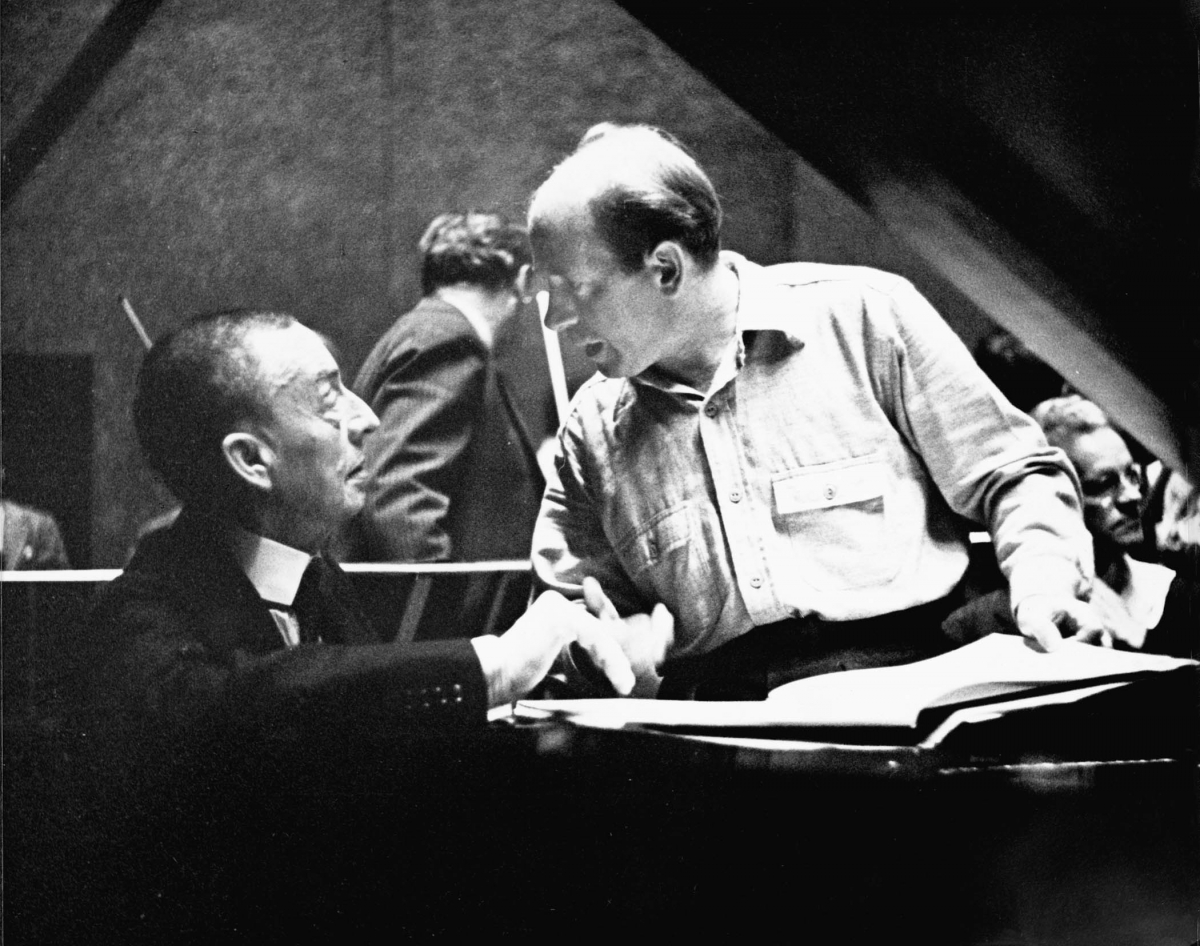Tchaikovsky’s Rhythmic Games
For all of its perceived bombast and emotional excess, a unique kind of elegance, lightness, and motion lies at the heart of much of Tchaikovsky’s music. Even when Tchaikovsky was not writing for the ballet, ballet music, with its eternal sense of motion, seemed to be coming out. Tchaikovsky was obsessed with the music of Mozart, perhaps the epitome of classical elegance. He said Mozart’s works were “the highest, most perfect culmination ever …






